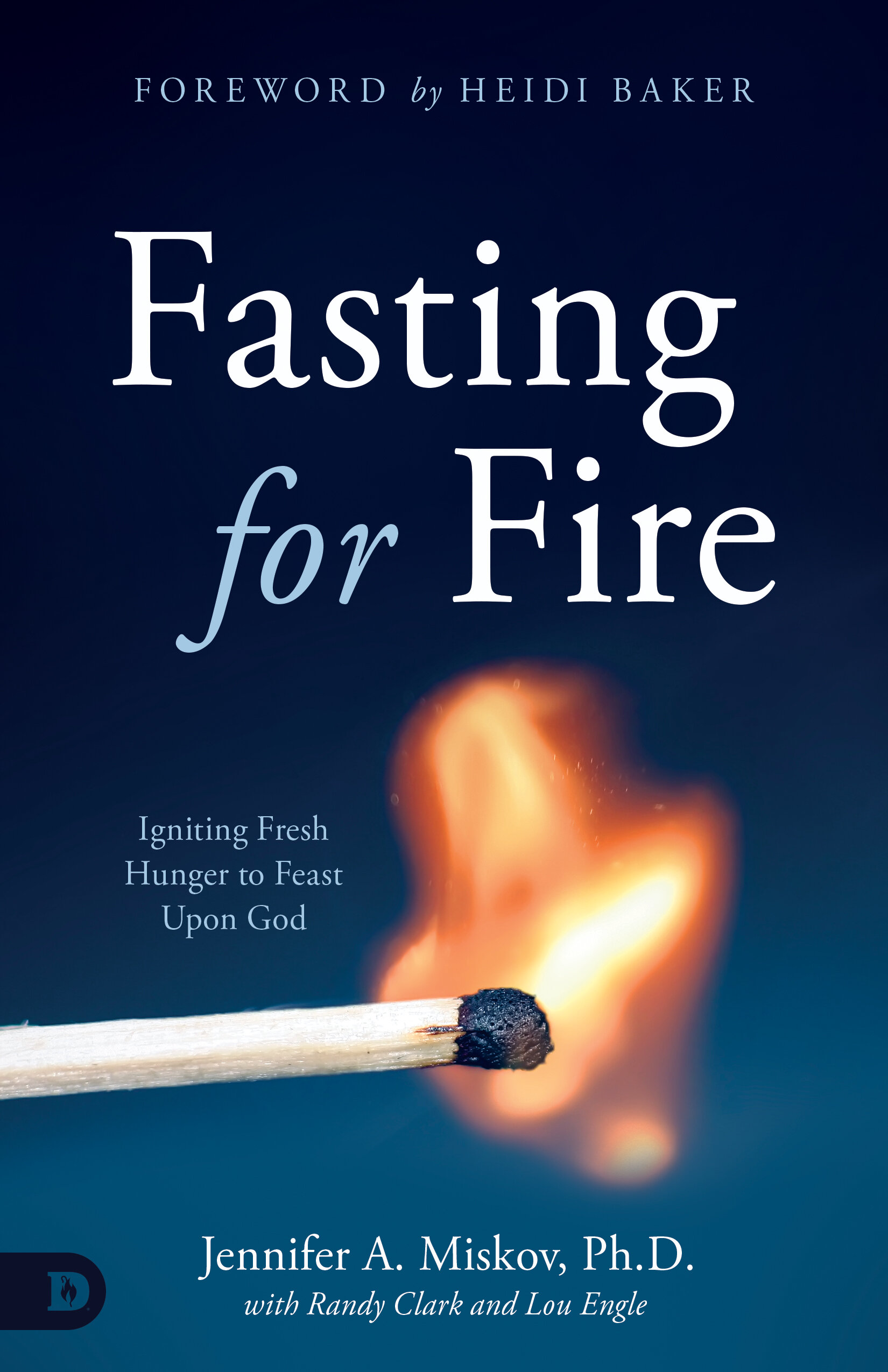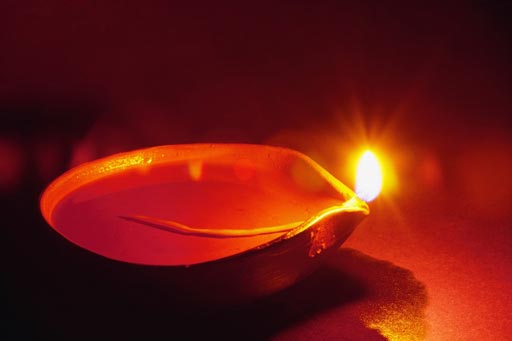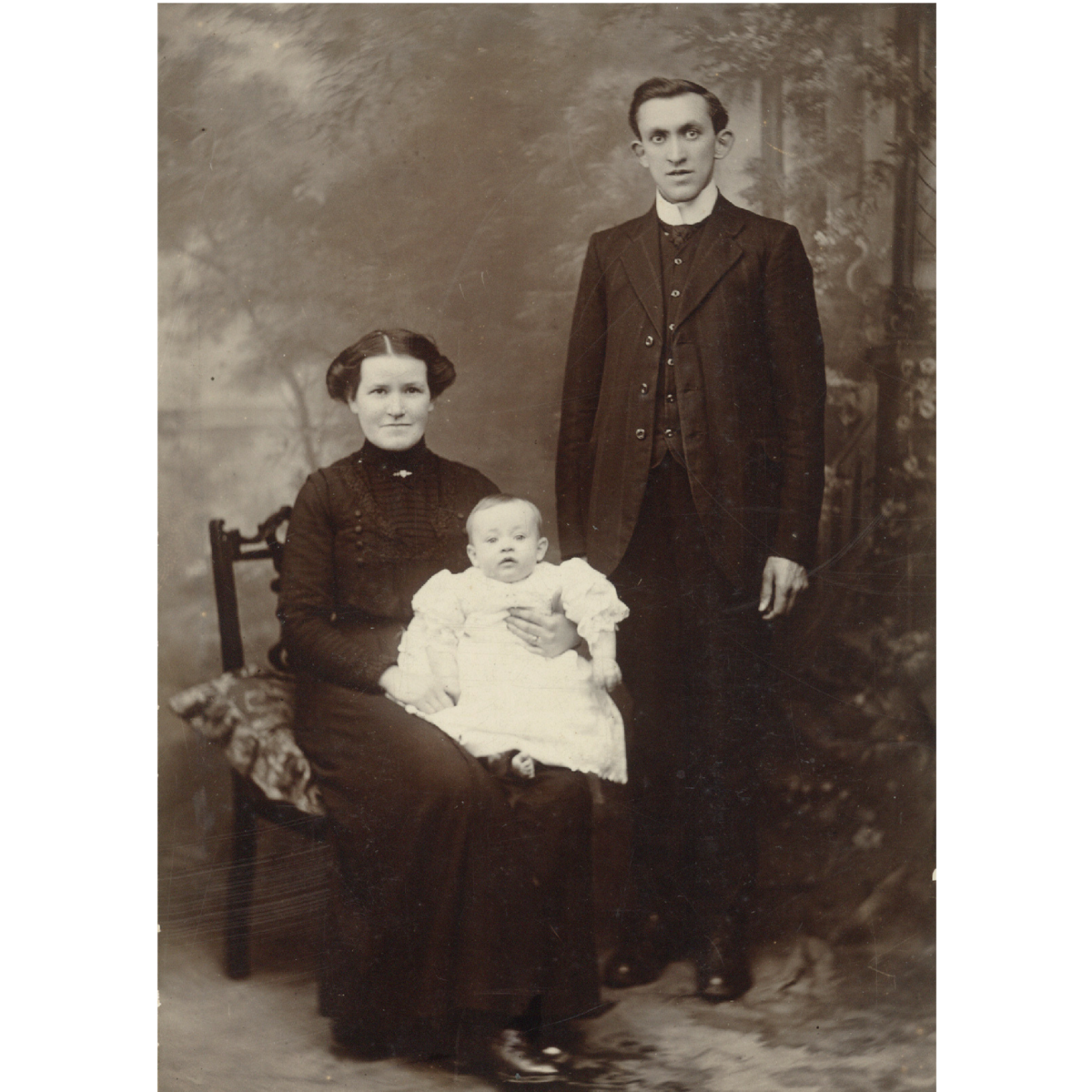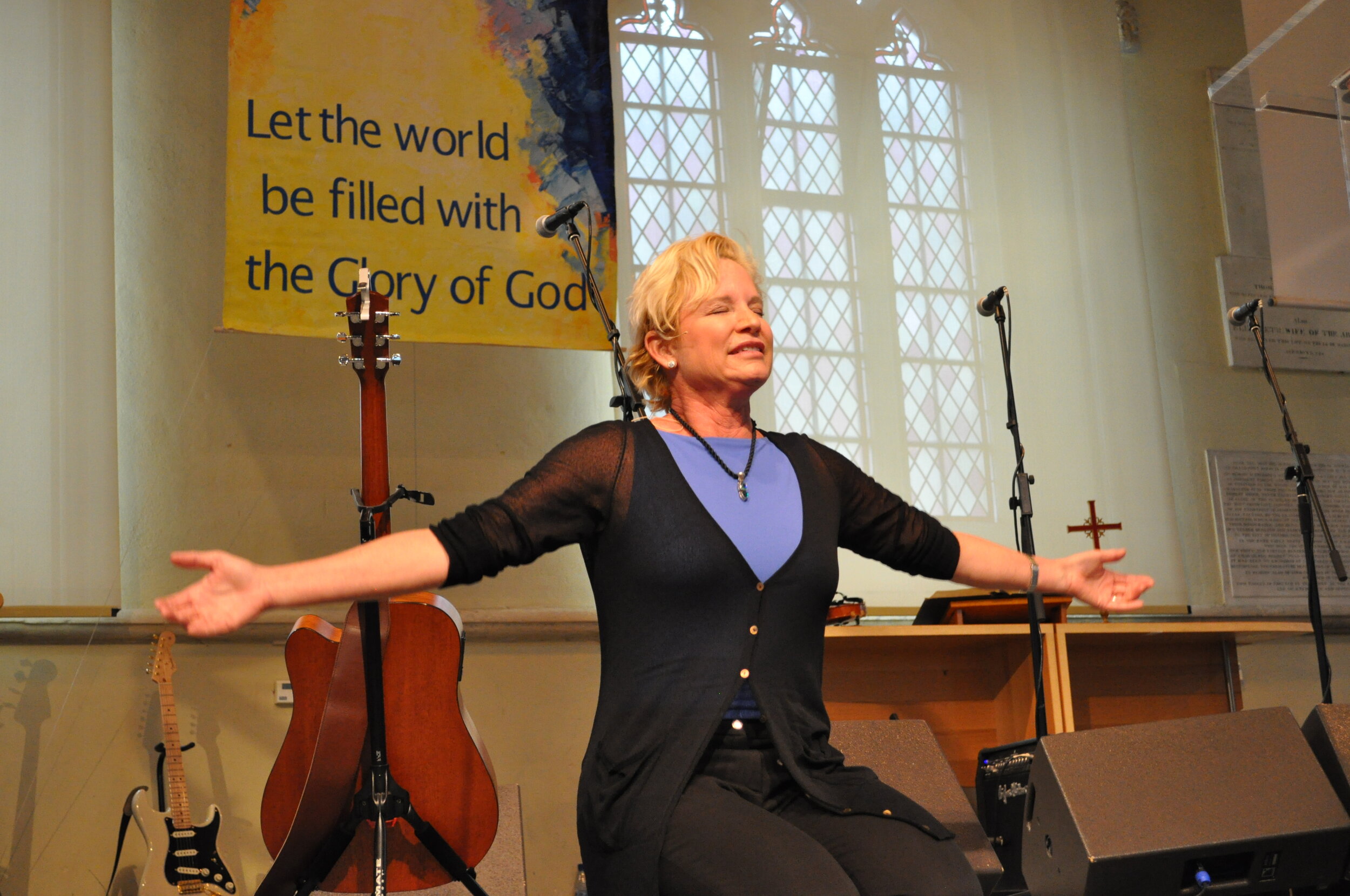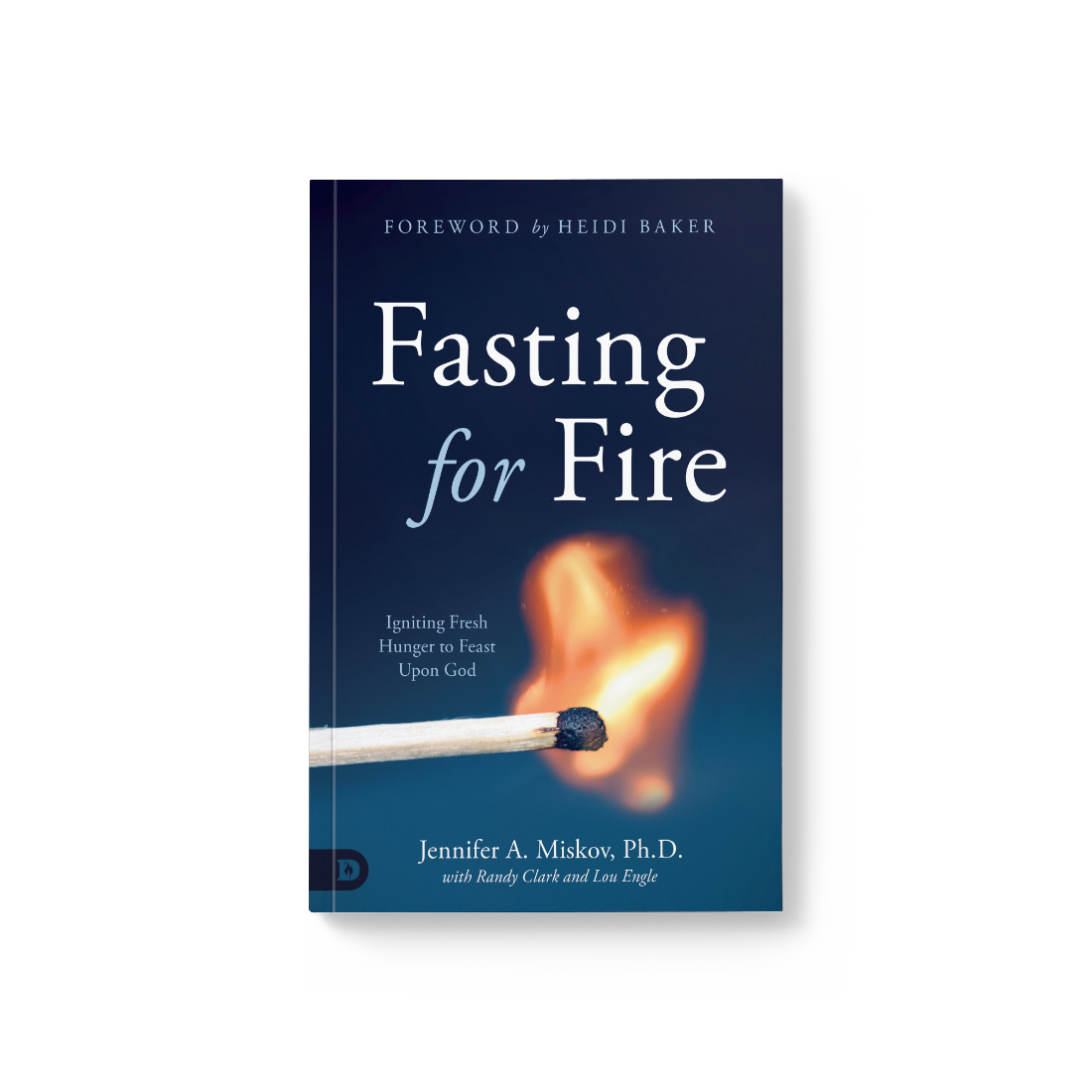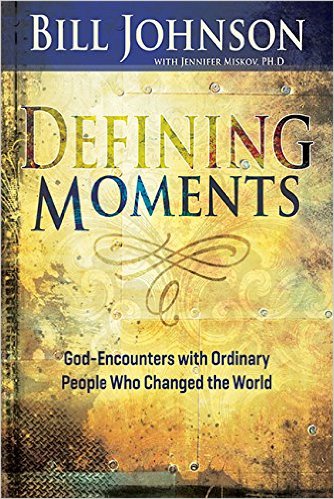Feasting on God: The Lost Art of Fasting (now Fasting for Fire)
The following blog became the inspiration for my new book Fasting for Fire which builds and goes deeper into this theme as well as adds the voices and experiences of Heidi Baker, Randy Clark, and Lou Engle.
by Jennifer A. Miskov, Ph.D.
Part 1: Staying Full of the Oil
I want my lamp to be full of oil so that when it’s time to cast out demons, love the broken hearted, or release courage, I am ready. I want to be flooded with God’s love so much that the overflow spills out to those around me. I want to be one of the five virgins who remain ready for the arrival of the bridegroom. I want to enter into all that God has for me. It’s not about entering heaven and avoiding hell. What I am talking about is being totally possessed by the Holy Spirit and ever ready to step into the fullness of my God-given destiny. I want to be ready to advance the kingdom of God in season and out. I am talking about living the adventurous and abundant life that Jesus died for us to have, not just settling for a one way ticket to heaven. Fasting and other spiritual disciplines launch us into the world of impossibilities where we must learn to soar as our only option. If you are ready for an adventure into the depths of God’s heart, read on.
“At that time the kingdom of heaven will be like ten virgins who took their lamps and went out to meet the bridegroom. Five of them were foolish and five were wise. The foolish ones took their lamps but did not take any oil with them. The wise, however, took oil in jars along with their lamps. The bridegroom was a long time in coming, and they all became drowsy and fell asleep. At midnight the cry rang out: ‘Here’s the bridegroom! Come out to meet him!’ Then all the virgins woke up and trimmed their lamps. The foolish ones said to the wise, ‘Give us some of your oil; our lamps are going out.’ ‘No,’ they replied, ‘there may not be enough for both us and you. Instead, go to those who sell oil and buy some for yourselves.’ But while they were on their way to buy the oil, the bridegroom arrived. The virgins who were ready went in with him to the wedding banquet. And the door was shut. Later the others also came. ‘Sir! Sir!’ they said, ‘Open the door for us!’ But he replied, ‘I tell you the truth, I don’t know you.’ Therefore keep watch, because you do not know the day or the hour.” Matthew 25:1-13 (NIV)
Let me rephrase the last line. Therefore keep watch, remain full, stay ready, for you do not know when God is going to act next. He wants you to be ready so that even if it’s midnight or an hour you least expect, you are full of Him and ready to partner with Him. One of the reasons why I fast as a regular part of my life is because I want to remain full, focused, and engaged in Him. I want to remain hungry for Him. Fasting is one way that helps keep me aligned with His heart and ready to step into all that He has for me.
The Purpose of Fasting
Fasting cultivates hunger for more of God. Fasting is feasting upon God. It is a way to accelerate and speed up your walk with God. It is an invitation to greater levels of intimacy. It is also a powerful weapon that can be used to tear down strongholds, set the oppressed free, heal the sick, align destinies, and stir up hunger for more of God. Our motives should be to seek the face of Jesus above all else (Joel 2:12; Zechariah 7:5; Acts 13:2)
Motivations for Fasting
Grow in Hunger for God
Regain focus
Reposition or seek alignment
Freedom from addiction or from habitual patterns of sin/bondage or to set others free (Isaiah 58:6/Luke 9:1-2)
Spiritual Warfare (casting out demons: Matthew 17:21)
Guidance in decisions (Daniel 9:2-22)
To humble yourself (Psalm 69:10; John 4:8)
Spiritually cleansing, renewing, refining fire
Develop fruit of the Spirit, self-control
Grow in intercessory prayer
To sow into future seasons
To prepare for stepping into greater measures of empowerment and anointing
Fasting to Bring Breakthrough
While fasting is one key to bring breakthrough, it is not always the only one God calls us to use in a situation. Sometimes breakthrough comes through fasting (Matthew 17:21) while other times it comes when loosing the chains of injustice and giving to the poor (Isaiah 58). Sometimes the key to breakthrough is found in giving away all your money to the poor (Matthew 19:21) and other times it comes when washing in the river seven times (2 Kings 5). Sometimes it is when your friends tear off the roof of a house so you can be healed (Luke 5:17-26) and sometimes it is simply in touching the hem of His garment (Matthew 9:20-22). The keys to our breakthroughs are different at different times. Sometimes what brought us a breakthrough in one season will not work in the next. That is why it important to spend time with God and be led by the Spirit in all things. With that said, fasting is one ready key that Jesus regularly states can bring breakthrough in different areas, especially in the area of freeing people from demonic oppression. Richard Foster states that “fasting can bring breakthroughs in the spiritual realm that will never happen in any other way.”[i]
Part 2: Secrets of the Inner Lives of Revivalists
Testimonies of Fasting Revivalists
Many of the great revivalists and strong Christian leaders we look up to regularly fast and stay full of the oil. Many of the spiritual heroes we look up to fast regularly or have even done 40 days fasts. Rolland and Heidi Baker and their Mozambiquan community fast every Monday as a part of their normal spiritual lives. When I was in Mozambique working in a refugee camp called Camp 2000, I was struck by 11 year old named Rafael who went on a seven day fast all on his own because his heart broke for the people in the nearby villages. What if fasting wasn’t something that is rare? What would happen if fasting became a regular part of life rather than something that’s exceptional? I wonder what type of extraordinary miracles, anointing, or power might be released when the body of Christ strengthens her muscles in this way.
Besides Moses, David, Elijah, Esther, Daniel, Anna, Paul, Peter, John, many others, and Jesus Himself, here are a few specific testimonies of how some of our heroes regularly fasted and the impact it has had on their lives. All of the following mentioned below were included in the book I helped Bill Johnson write called Defining Moments.
John Wesley (1703-1791) and his community formed this group they called the Holy Club. They fasted every week together as a community, training themselves to walk in the fullness of all that God had for them in their generation. He was a part of forming the Methodist church.
Charles Finney (1792-1875) prepared for revivals by sending and organizing teams to pray, fast, and spread the word before he arrived. His prayer warrior Daniel Nash went in before him for a few weeks or even months, to pray, fast, and prepare the fallow ground for the seeds that were about to be sown. Finney became known as the father of modern revivalism.
Smith Wigglesworth (1859-1947) who moved in great anointing and power, fasted every Sunday and he never remembered “seeing less that fifty souls saved by the power of God in the meetings with the children, in the hospitals, on the ships, and in the Salvation Army.”[i] Following a turning point in his marriage and deep conviction to turn back to God, Wigglesworth decided to give ten days to praying and fasting to get his heart right. Following this time of sanctification and consecration unto the Lord, there was a marked change in him. His temper and moodiness left.[ii]
One fun story of how God used fasting in Wigglesworth’s life to release the kingdom happened later on in his life when he received a telegram to pray for a dangerously ill boy in England. Once he arrived in the town, his determination to see the boy’s healing caused him to go another nine miles on bicycle to get to the farm where the boy lay. When he arrived, his mother told him it was too late because her son was nearly dead. Wigglesworth told her that God never sends him anywhere too late. He prayed and fasted and then asked the parents to dry the boy’s clothes so they would be ready to put on. Smith then went off to church and came back only to find that the parents had not done as he asked. He went and got the clothes and had someone put the boy’s stockings on him. Then he asked everyone to leave and he shut the door behind him. When he began to pray and touched the boy’s hand, the power of God invaded the room and knocked Smith to the floor. He laid there in the glory for over 15 minutes. During this time, the boy regained his strength so much so that he was shouting joyously. After the boy dressed, he ran to tell his parents the great news but found them on the floor in the kitchen as a result of the glory that filled the house. “The daughter who had been brought from the asylum and whose mind was still affected was made perfectly whole that day. That whole village was moved and a revival began that day.”[iii]
Rees Howells (1879-1950) valued the hidden life. He entered one season by embracing aspects of the Nazarite vow. During this time, he fasted two meals a day. He also set himself apart by not wearing a hat during a time in the U.K. when that would have been seen as a cultural embarrassment. During this season, he also spent three hours every night on his knees from 6:00-9:00 p.m., two hours reading the Bible and one hour of waiting on God. Howells recalls of this precious time of prayer and fasting,
“Although we may be away from the presence of people, how hard it is to silence the voices of self. But after a time the Lord brought me to the place where the moment I shut the door at six o’clock, I left the world outside and had access into the presence of God.”[iv]
John G. Lake (1870-1935) went to prayer and fasting for 9 months waiting on God before he had his Spirit Baptism electricity encounter in October of 1907. It was after praying for 9 months and virtually giving up, while praying with Hezmalhalch for a sick woman, the Spirit possessed Lake afresh like lightning and he received his Spirit baptism and spoke in tongues.
Randy Clark (1952-present) had a series of prophetic words and impartations that marked his life and prepared him for what would prove to be the launching point for his ministry in 1994, the Toronto Blessing. He also is known to have gone on several 40 day fasts as well as other smaller fasts. He fasted while he traveled to conferences because he was so hungry for God and to receive impartation.
Heidi Baker (1959-present) a few months after her conversion, while on a 5 day fast, she was taken up in a vision for a few hours and heard the call to minister in Asia, England, and Africa. It was during a fast that she received her life defining call. In her own words she reflects on this time.
“In May toward the end of the semester I went on a five-day fast to find out more from God about what to do with my life. On the night of the fifth day I expectantly went to the Roarks’ little Pentecostal church in the country and was drawn to the altar. I knelt down and lifted my arms to the Lord. Suddenly I felt taken to a new heavenly place. Pastor Roark was preaching, but I couldn’t hear his loud, powerful voice at all. God’s glory came to me again, wrapping me in a pure and brilliant white light. I was overwhelmed by who He is. I had never felt so loved, and I began to weep. This time He spoke to me audibly. ‘I am calling you to be a minister and a missionary,’ He said. ‘You are to go to Africa, Asia and England.’ Again my heart was pounding and racing. I thought I might die.” [v]
Most of the leaders mentioned above had powerful movements and ministries. They all had one thing in common in that they regularly fasted at different times in their lives. For some it was preparation and proceeded great outpourings, for others it was simply a discipline of remaining full. Still others experienced life defining calls, increased power and anointing in their ministry, and greater intimacy with the Lord.
If you notice from these testimonies, there are seasons for feasting and there are seasons for fasting.
“Now John’s disciples and the Pharisees were fasting. Some people came and asked Jesus, ‘How is it that John’s disciples and the disciples of the Pharisees are fasting, but you are not?’ Jesus answered, ‘How can the guests of the bridegroom fast while he is with them? They cannot, so long as they have him with them. But the time will come when the bridegroom will be taken from them, and on that day they will fast.” Mark 2:18-20 (NIV)
Be led of the Spirit always.
Destiny House Rhythm
As Destiny House, we fast as a community every Monday. Then on the Monday evening, we break fast together and have a family meal. Corporate and regular fasts can be powerful. When something comes up that needs a miracle or breakthrough, we are already fasting so we can link arms in prayer. When we eventually are able to host missionaries and leaders who come to visit, we will be able to fast and pray ahead of time for the breakthrough they are seeking. Learning the discipline of regular fasting will help prepare each one if there is ever a season that God calls them to a longer fast. We also do a week fast once a year to prepare, pray, and sow into the upcoming season. This has a powerful impact on the whole year following because powerful seeds are sown. These smaller fasts help prepare people so that when it’s time to step into longer fast as they are led of the Spirit, they are trained, prepared, and ready.I want people to be ready if they feel led to fast for 3 days, or a week, or even for 40 days. Because we are practicing fasting in the peaceful times, we will be ready when the battle arises. It’s kind of like how the Navy Seals train and prepare rigorously so that when it’s time to be sent on a mission they are ready. They don’t get ready right before they get sent. They live ready.
I Like to Fast
Yes, I am one of those weird people who actually enjoys the spiritual discipline of fasting. It’s not that I don’t enjoy food, it’s just that I love that I can position myself to experience more of God by setting myself totally apart just to hunger after Him. He is my portion and my prize. The reasons I fast at different times vary. Generally though, I fast to grow in my hunger for God and to keep my lamp full of oil. I want to stay prepared and to stay filled. If one can take dominion over their body with self-control, they will be able to take dominion over other things as well. If one can’t have self-control over their body, they may have limited authority over other things. Fasting is also practice for taking dominion over spiritual strongholds.
It is important to keep fasting in balance and not to come under the law, judgement, or condemnation with it. Only the Holy Spirit can really sustain you on a fast and you should always be led by the Spirit into all things. It’s not by our own might or power, but by His Spirit that we will be sustained during a time of fasting. Make sure God is on it or else you may just fast to get hungry. Other times, you may feel that you want to initiate a fast because you want to honor God, consecrate yourself, sow into future seasons, or do it simply as an act of worship unto God. As long as your heart remains pure and you are not doing it to try and manipulate God or for personal and self-righteous gain, there are great rewards in fasting (Matthew 6:16-18).
Here's Why I Fast
To be more desperate for God
To commune with God
To be hungry for God
To be purified and sanctified afresh for His purposes in my life
To be set apart for Him
To sow into the next season of my life
Because Jesus fasted
To tap into the wells that other revivalists have tapped into
To stay ready to step into what God is doing
To keep my lamp full of oil
To see breakthrough
To stay focused on the things of God
As an act of consecration and worship unto Him
Part 3: Practical Tips for Fasting
What fasting looks like practically is abstaining from food for spiritual purposes. It is regularly linked to prayer. You can also fast for a time from things like T.V., secular music, Facebook, social media, shopping, sugar, coffee, etc. Fasting is not explicitly stated as a commandment in the Bible possibly because it was assumed that believers fasted as a regular part of their spirituality. There seems to be an assumption in Scripture that if people followed Jesus, then they would regularly fast because He fasted. Further, in a similar way in which He said “when you give to the needy,” implying that that was normal and expected part of spirituality, Jesus also said in Matthew 6:16 “When you fast…” He did not say “if” you fast. If Jesus is our model and He regularly fasted, then we ought to follow in His footsteps.
Jesus fasted as He was led by the Spirit for preparation for a new season (Matthew 4:1-11, Mark 1:9-13). Immediately after He returned from His extended fast, He was launched into His ministry. Longer fasts have proven significant for many leaders in launching them and their ministry into a greater measure of destiny as will be mentioned more.
Different Types of Fasts
Absolute Fast: no food or water (sometimes done in emergencies: Esther 4:16; Acts 9:9; Deut. 9:9,18; Exodus 34:28)
Full Fast: water only fast (Matthew 4:2)
Partial Fast: a restriction of diet but not total abstaining from food (Daniel 1:15, 10:3)
Private fasts: the most common fasts, should be done undercover (Matt. 6:16)
Regular fasts: done once or twice each week as a discipline (Zech. 8:19; Luke 18:12)
Public/Corporate fasts: sometimes called in times of group or national emergencies (Joel 2:15; 2 Chron. 20:1-4; Ezra 8:21-23)
Start Small
Start small and celebrate your successes. Start with a partial fast and skip two meals one day while drinking lots of water. If that’s too hard, try drinking juice. Remember that fasting is not just abstaining from food but it is also filling our bodies with something better, the fullness of the Holy Spirit. Spend the time you would normally have spent eating, alone with Him in prayer, in the Word, or on waiting on Him. During your normal day when you get hunger pains, turn towards God in prayer. For longer fasts, it is advisable to eat fruit before. Come off the fast with a light meal of fruits or vegetables and then work your way towards weightier meals.
Uncomfortable
“More than any other Discipline, fasting reveals the things that control us.”[i] -Richard Foster
I find that day 1-2 are the hardest of any fast, no matter how long the fast ends up being. Usually after making it past day 3, it gets much easier. Be aware of what comes up for you during a fast. Are you easily irritated, feeling out of control, or experiencing some other extreme mood shift? What things are you running to rather than food? Ask the Holy Spirit what is really going on during these times and what He might be bringing up within you to heal. Ask God to go to the root. I encourage you to press in, worship, pray, scream, dance, intercede, contend, or whatever you feel you need to do to take hold of God when the hunger gets severe. There have been some times where I went days without eating and avoided God by being busy to mask the hunger pains rather than turn to Him. I have been pleasantly surprised by rich encounters in His presence when I chose not simply to abstain from food but more importantly during that time, to instead feast on the living God. Songs have been birthed, Scripture has been revealed at new depths, healing has come when I have positioned myself at His feet instead of trying to stay busy to avoid the hunger. Fasting is not just going without food, it must also be feasting on God. The fast is the most effective when these two are married together.
How to Break a Fast
It is important to break the fast well to avoid injuring your stomach or harming your body. You body is the temple of the Holy Spirit, so make sure to be wise and steward what goes in there well. Breaking a fast is usually good with liquids, fruit juices, and then moving on to fruit and vegetables. Slowly integrate more regular foods into your diet depending on how long the fast was. Come off the fast with a light meal of fruits or vegetables and then work your way towards weightier meals.
One thing I do want to share is that in many of my fasts, I don’t feel anything during the time I am fasting. Most of my major breakthroughs, increased anointings have come in the season following my fast. Several of my books including Silver to Gold, Water to Wine, and Life on Wings were birthed after longer fasts. Destiny House came right after a long fast as well. Don’t get discouraged if you don’t feel anything or see what you have been praying for during the fast. While you are setting yourself apart for the Lord, He is at work behind the scenes on your behalf.
I hope this has been a helpful start to deeper engagement with the living God. Be led of the Spirit into fasting, it should always draw you closer to Jesus. May you be inspired to seek the Lord in more desperate measures. May fasting be a strength and one of the ways to help position you to feast more upon God. Join our Destiny House family as we regularly and corporately fast on Mondays. As you embark in this adventure into the heart of God, may you experience His love in greater measures and be perfectly positioned to enter into the feast with the bridegroom.
Further Resources
Check out podcast on Focus, Fire, and Fasting
Check out another blog called Positioning Ourselves to Feast Upon God: Revival of the Disciplines
In Jen’s Walking on Water Encounter E-Course, she shares her heart, personal experiences, practical tips, and testimonies from the role fasting has had in her life and in others and how you can position yourself to tap into even more that God has for you today.
References:
Part 1: [i] Richard Foster, Celebration of Discipline (New York, NY: HarperOne, 1978, reprint 1998), 60.
Part 2: [i]Stanley Howard Frodsham, Smith Wigglesworth: Apostle of Faith (London: Elim Publishing Co., Ltd, 1949), 5-6.
[ii]Smith Wigglesworth, Faith that Prevails (Springfield, MO: Gospel Publishing House, 1938, 1966), 61.
[iii]Stanley Howard Frodsham, Smith Wigglesworth: Apostle of Faith (London: Elim Publishing Co., Ltd, 1949), 30-31.
[iv] Norman P. Grubb, Rees Howells: Intercessor (Fort Washington, PA: CLC Publications, 2008 reprint from 1952), 114.
[v] Rolland and Heidi Baker There’s Always Enough (Sovereign World Ltd, England: 2003), 23-27.
Part 3: [i] Richard Foster, Celebration of Discipline (New York, NY: HarperOne, 1978, reprint 1998), 55.

